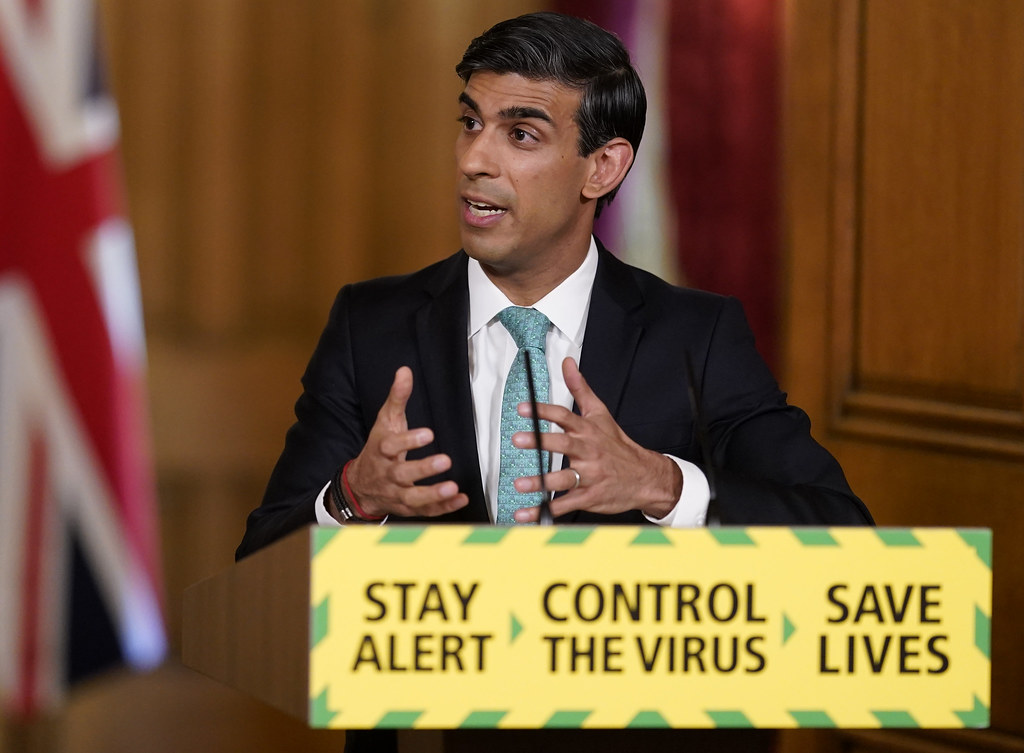
In his keynote speech to Conservative Party Conference today (4 October), prime minister Rishi Sunak declared Westminster’s political system “broken”, described his ambitions to “fundamentally change the country” and announced major changes to the HS2 rail project.
HS2 reaches the end of the line
While others might take “the easy decision, not the right one”, Sunak argued that his decision to cut the Manchester to Birmingham leg of the high-speed train line showed he was willing to make controversial decisions in the long-term interests of the country.
The money saved on the cancelled leg — £36bn — will be used for new train and bus projects elsewhere in the North of England, said the PM.
“What we really need is better transport connections in the north. A new ‘Network North’ will be our future.
“The business case for HS2 has changed following changes to business travel post-Covid. The thing to do when facts change is to have the courage to change course.”
The concerns
The set of projects, he said, is among the most ambitious transport development programme ever implemented in the North and the Midlands.
Some concern has been expressed about the implications of the decision for business confidence in the UK’s ability to plan and complete large-scale infrastructure projects, however.
Conservative West Midlands mayor Andy Street is among those who have voiced particularly strong opposition, with rumours circulating before Sunak's speech that Street would resign if the existing HS2 plan was modified. He subsequently stated he would not.
Marco Forgione, director general of the Institute of Export & International Trade (IOE&IT), said the decision would be “cause for significant concern”, particularly on its implications for movement of freight, but that investment in regional links “is positive news”.
Trade talk
The PM highlighted the work of business and trade secretary Kemi Badenoch, including on freeports.
He said Badenoch had made strides in cutting “EU red tape” following Brexit, adding that these moves are saving UK businesses £1bn.
Speaking more broadly on the economy, his focus remained on inflation.
“No policy which puts at risk the defeat of inflation can be right,” Sunak said.
“I know you want tax cuts, but the best tax cut we can give right now is to halve inflation.”
On his decision to shift targets on the phaseout of combustion engine cars over the last month, he said “it was not the easiest argument to have” but that the choice was “good conservative common sense”.
That decision has seen outcry from some carmakers, particularly Ford. Lisa Brankin, UK MD of Ford, recently said the decision undermined the “ambition, commitment and consistency” that businesses in the sector wanted from government.
The PM elsewhere emphasised the UK would remain a “bulwark” in Ukraine’s efforts against Russia, and reaffirmed its commitment to NATO.
Education
“Parity of esteem” between advanced and technical education will be the target of a new ‘Advanced British Standard’ qualification for school leavers also announced by Sunak.
The revamp will usually mandate the study of five core subjects, including English and Maths, which the prime minister argued would yield the best education system “in the western world”.
Proposing increased contact time with teachers compared to A- and T-levels, the prime minister said the change would better prepare students for the job market — something he also argued could be achieved by ending what he dubbed “rip-off degrees”.



